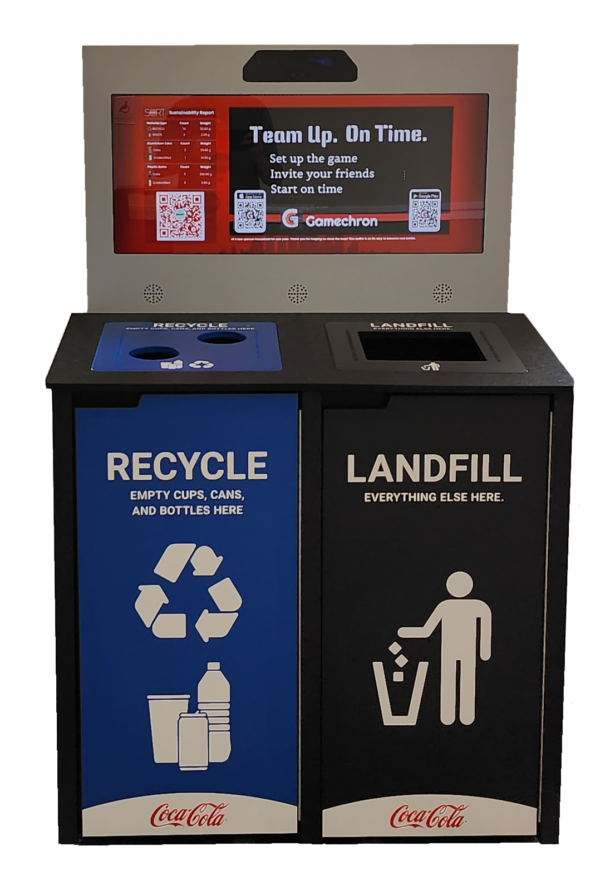Waste management is an essential process that plays a critical role in environmental sustainability. However, managing waste can be a daunting task, particularly in large cities where there is an ever-growing amount of waste generated each day. As waste management continues to be a significant concern for many communities, new technology is being developed to improve waste management processes, such as predictive analytics.
Predictive analytics involves the use of data, statistical algorithms, and machine learning techniques to identify patterns and predict future outcomes. When applied to waste management, predictive analytics can help waste management organizations optimize their processes and reduce costs, among other benefits.
One significant advantage of using predictive analytics in waste management is its ability to optimize waste collection routes. Waste collection vehicles often follow predetermined routes, which can be inefficient if the waste generated in certain areas fluctuates throughout the day or week. With predictive analytics, waste management organizations can predict the amount of waste that will be generated in specific areas, allowing them to adjust their collection routes in real-time to maximize efficiency.
Another advantage of predictive analytics in waste management is its ability to detect anomalies in waste generation patterns. By analyzing data on the amount and types of waste generated, predictive analytics can identify unusual patterns that may indicate illegal dumping or other issues. This information can be used to target resources to these areas, preventing further illegal dumping and reducing waste management costs.
Predictive analytics can also be used to optimize waste disposal processes. By analyzing data on the types of waste generated, waste management organizations can predict which disposal methods will be most effective, reducing the amount of waste sent to landfills and improving overall sustainability.
In addition to optimizing waste management processes, predictive analytics can also help reduce costs. By predicting waste generation patterns and optimizing waste collection and disposal processes, waste management organizations can save on labor and fuel costs. Furthermore, by reducing the amount of waste sent to landfills, organizations can avoid costly landfill fees.
Overall, predictive analytics has several advantages in waste management, including route optimization, anomaly detection, waste disposal process optimization, and cost savings. As technology continues to advance, it is likely that predictive analytics will become an even more critical tool in waste management, helping to improve sustainability and reduce costs for communities around the world.




